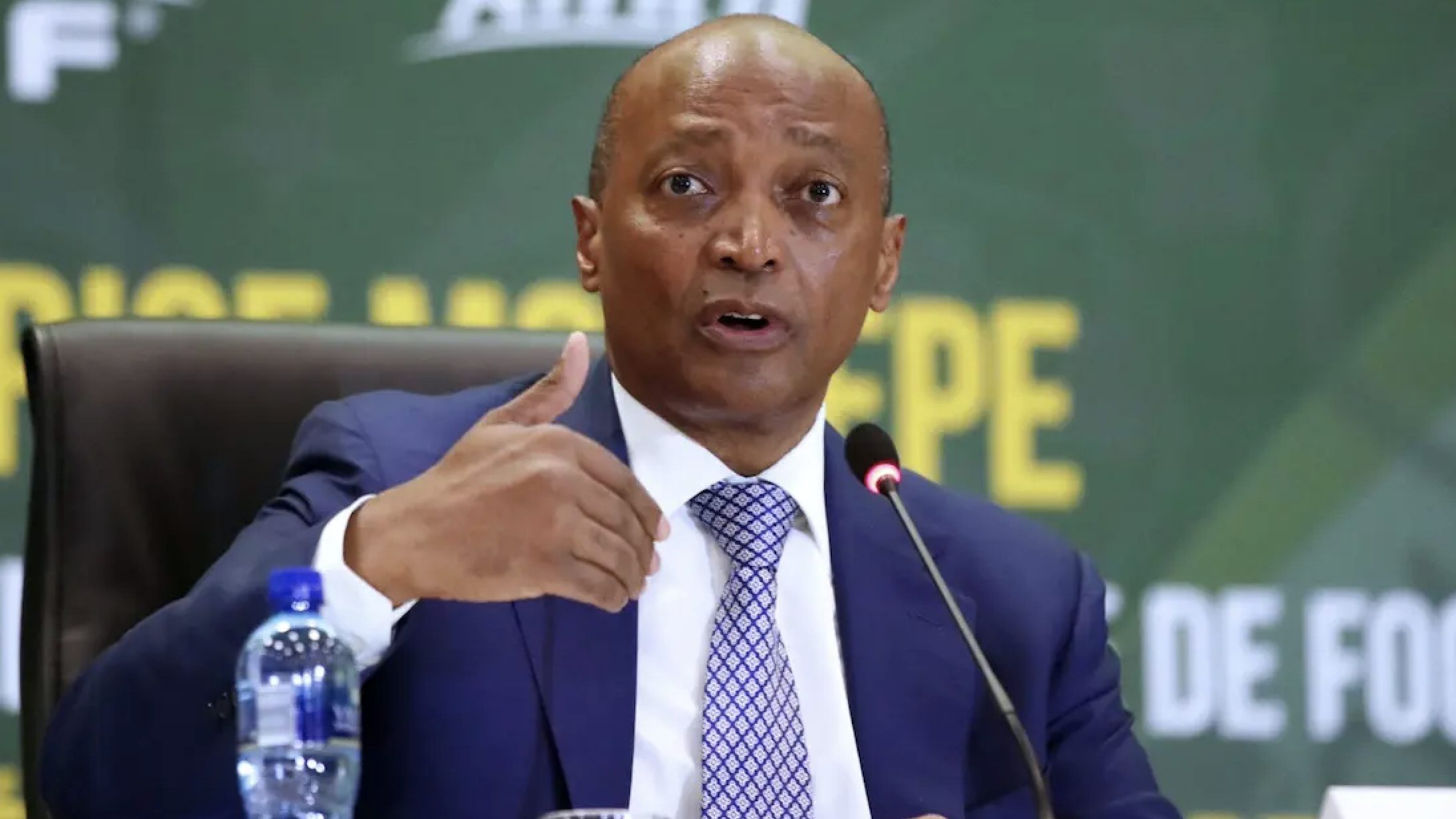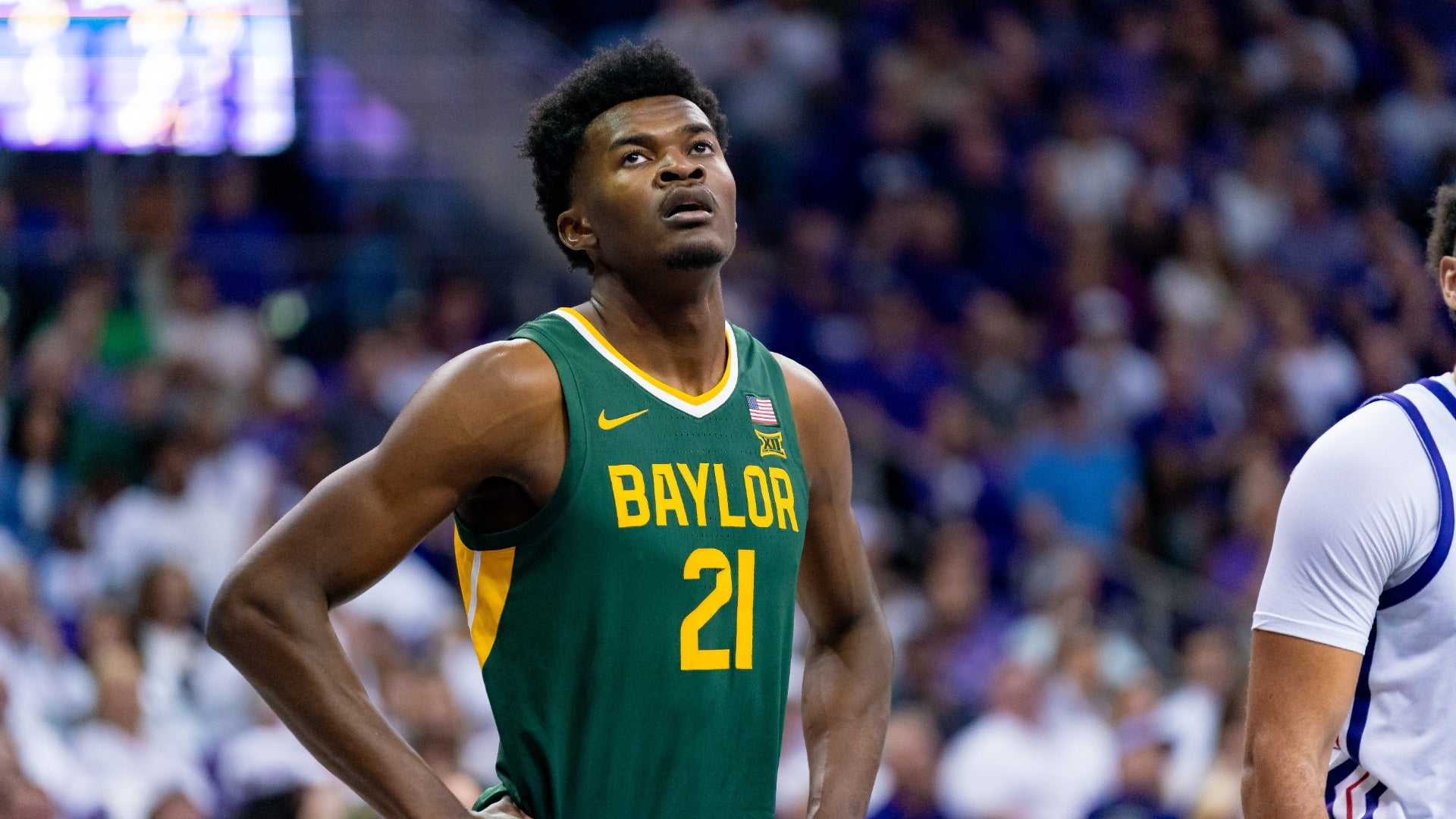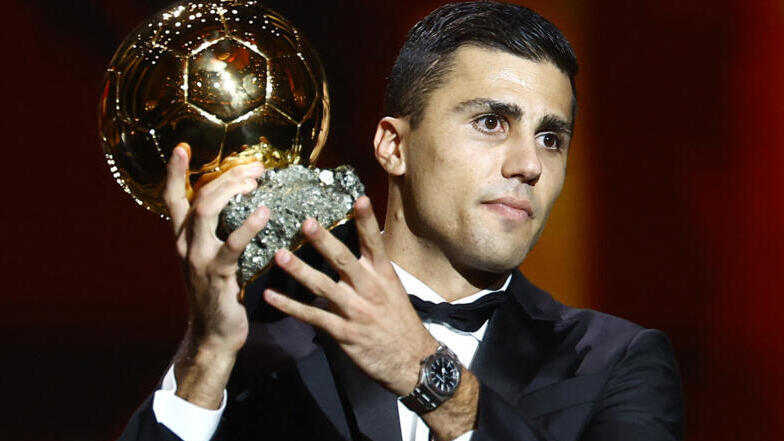
Motsepe promises CAF revolution: modernisation or smoke and mirrors?
Patrice Motsepe faces the challenge of African renewal
The Confederation of African Football (CAF) is entering a new era, at least according to its president Patrice Motsepe, who, in yet another ambitious speech, promised to revolutionize African football by injecting a massive dose of modernity and transparency into the organization's inner workings. But behind the grand announcements, one question remains: is CAF finally ready to abandon the habits that are plaguing African football for good?
Since taking over as CAF president in 2021, Motsepe, a South African mining magnate and influential billionaire, has set himself the task of transforming CAF into a model institution. Yet two years later, his reforms have struggled to gain traction, hampered by corruption scandals and a glaring lack of concrete results. But this time, Motsepe vows that tangible actions are on the horizon to strengthen Africa’s competitiveness and credibility on the global stage.
"Modernization" under high surveillance
The term modernization is a recurring theme in Motsepe’s speech. According to him, it is imperative that CAF adopts international best practices in governance, drawing inspiration from major global sports organizations. This includes, in particular, the establishment of stricter financial standards and greater transparency in management processes, a pious wish that resonates in the ears of an African public often tired of unfulfilled promises.
The goal is ambitious: to restore the image of an institution tainted by repeated corruption scandals, while building a more financially autonomous CAF. For several years, CAF has largely depended on FIFA for its funding. And this dependency has often reinforced foreign influence on CAF's internal decisions. Motsepe proposes diversifying sources of funding, particularly through partnerships with the private sector, and increasing Africa's share of the global football market. He mentions unprecedented collaborations with African and international companies to best exploit the commercial potential of football on the continent.
But in reality, this restructuring will require more than rhetoric. For many observers, CAF must first combat its internal demons, demonstrate a real commitment to combating corruption, and demonstrate its ability to implement sustainable reforms without external interference.
Training and infrastructure: a colossal project
Motsepe’s call for renewal does not stop at governance issues. The CAF president also addressed the crucial issue of infrastructure and training, stressing that the continent must, in order to catch up, invest massively in sports facilities and local talent. This dire need is still illustrated each year, with continental competition matches played on pitches of substandard standards, and stadiums unsuitable for international requirements.
Motsepe has promised to support African national federations in setting up youth academies, with the aim of detecting and training the next generation of talent. A noble dream, but one that clashes with much more pragmatic realities: without massive and sustainable investments, Africa risks continuing to lose its young prodigies to Europe, where the infrastructure is much more attractive. The talent drain is a scourge that CAF seems unable to stem, despite Motsepe's fiery speeches.
On the other hand, the creation of competitive youth leagues on the continent is crucial to ensure a high level of play from a young age. Motsepe also wants to invest in the training of African coaches, so that they can benefit from international recognition and be able to effectively supervise the continent's young hopefuls. A vision that requires financial efforts and strong political involvement so that each country can realize these ambitions.
African football torn between ambition and pragmatism
While Motsepe's plan may seem like a positive turning point for African football on paper, its implementation could clash with the political and economic realities of many African countries. The CAF president may talk about "autonomous and competitive" African football, but national federations are often plagued by internal conflicts and crises of legitimacy. In many countries, football is a political issue, and the governance of the sport sometimes becomes the scene of power games that complicate the implementation of structural reforms.
Motsepe has nevertheless affirmed his determination to build a "competitive and attractive African football". However, without the full support of local federations, and without adequate financial support, CAF's vision risks remaining a pious wish. Reforms require genuine collaboration between African governments and local football organisations to create favourable frameworks for the development of the sport, without compromising the integrity of the processes.
Finally, it is legitimate to question CAF's ability to remain neutral and transparent. With the CAF presidential elections approaching, some see Motsepe's announcements as a way to consolidate his power and court the votes of the federations, rather than a real desire for reform.



Leave a comment
This site is protected by hCaptcha and the hCaptcha Privacy Policy and Terms of Service apply.